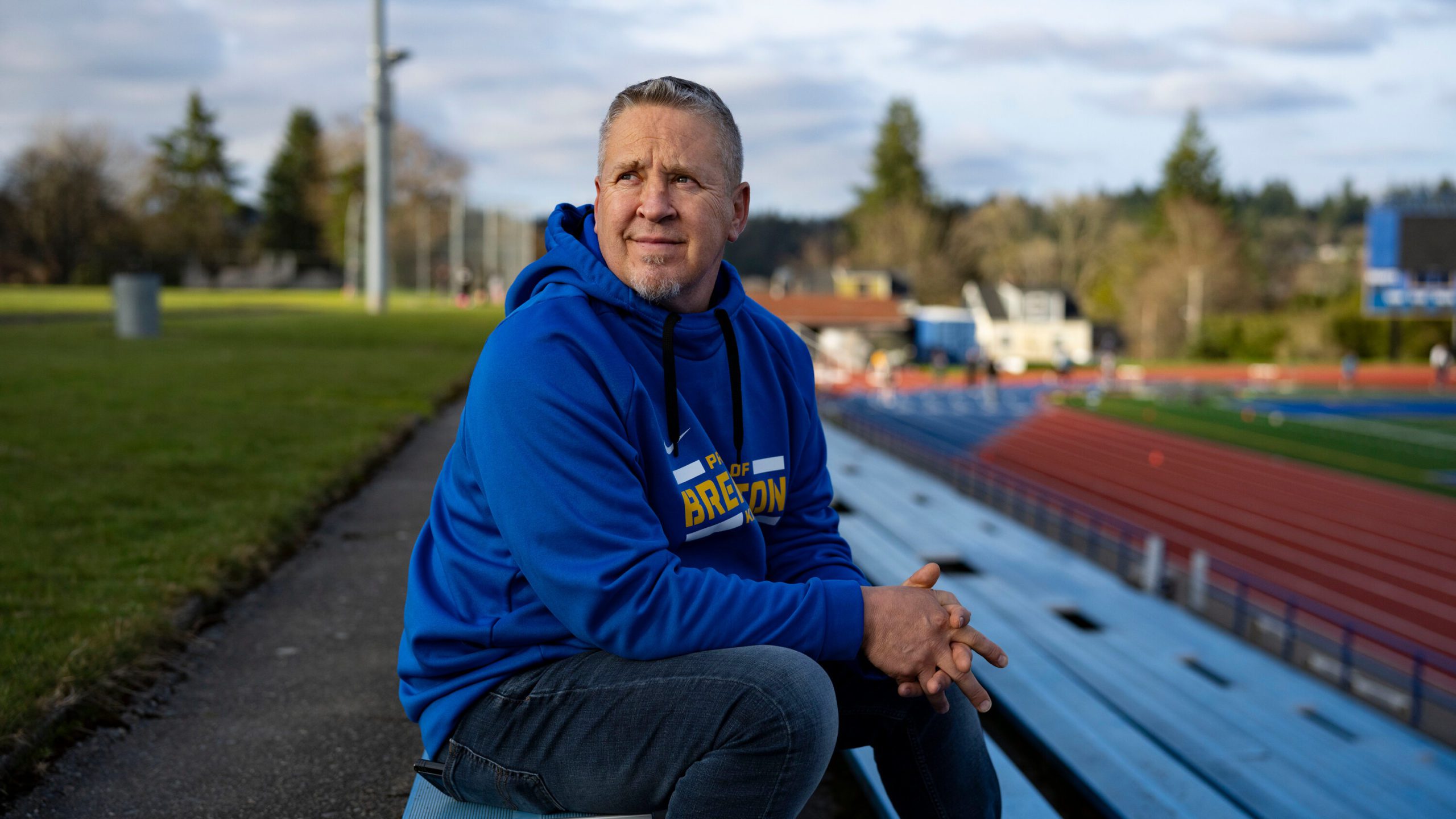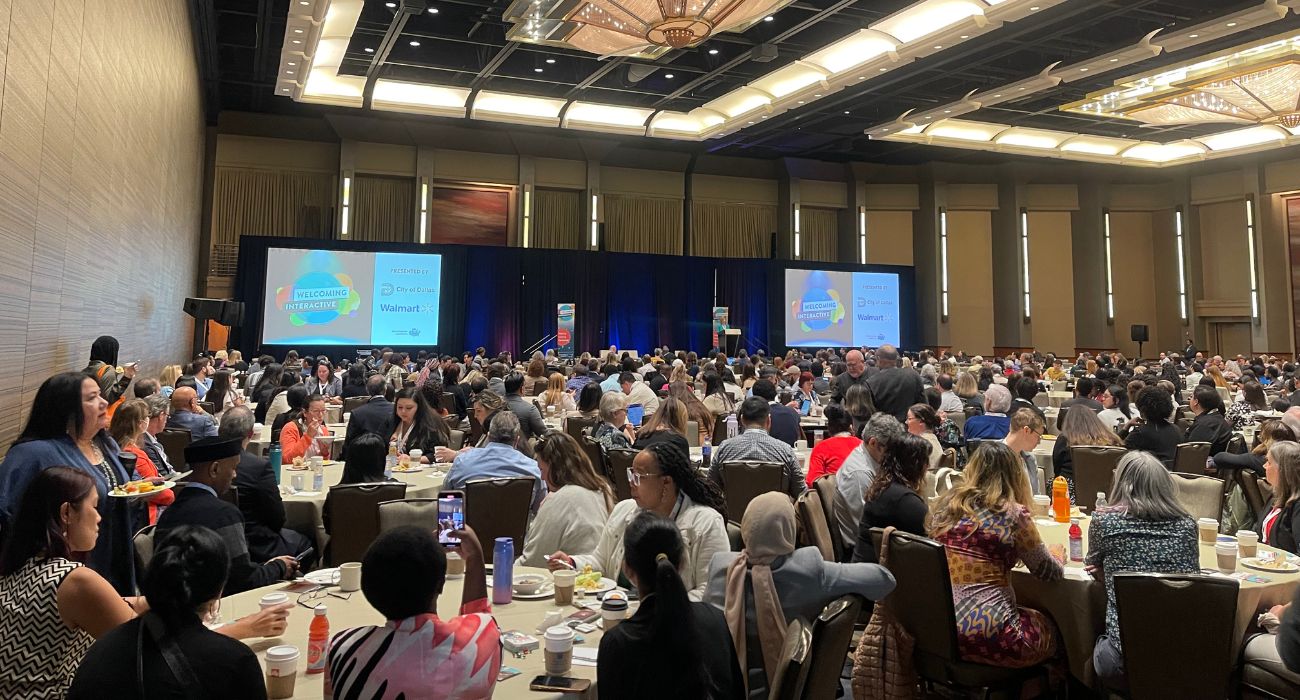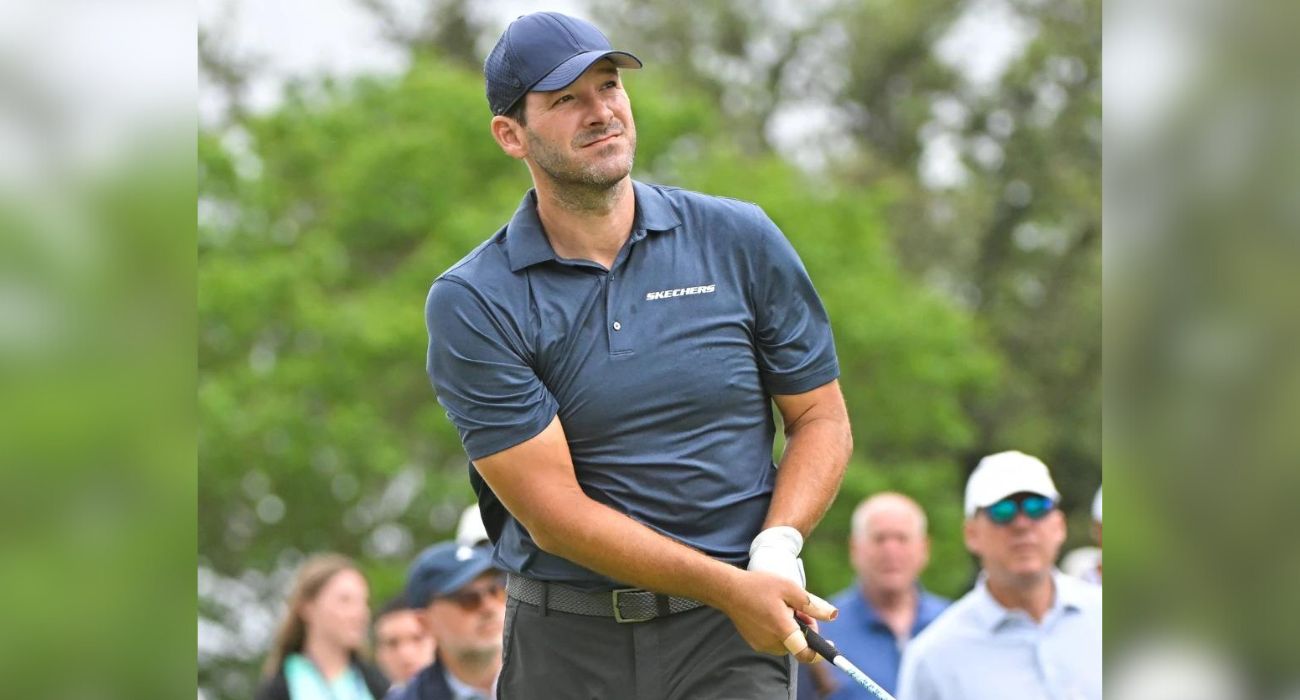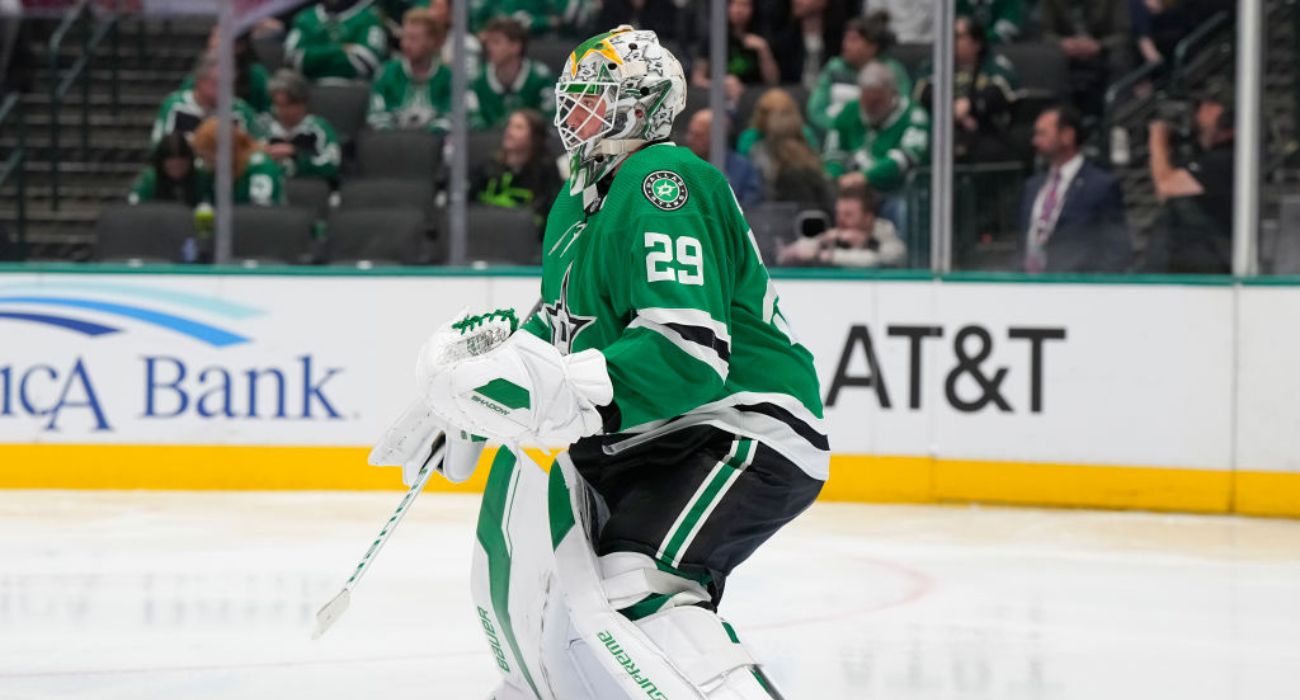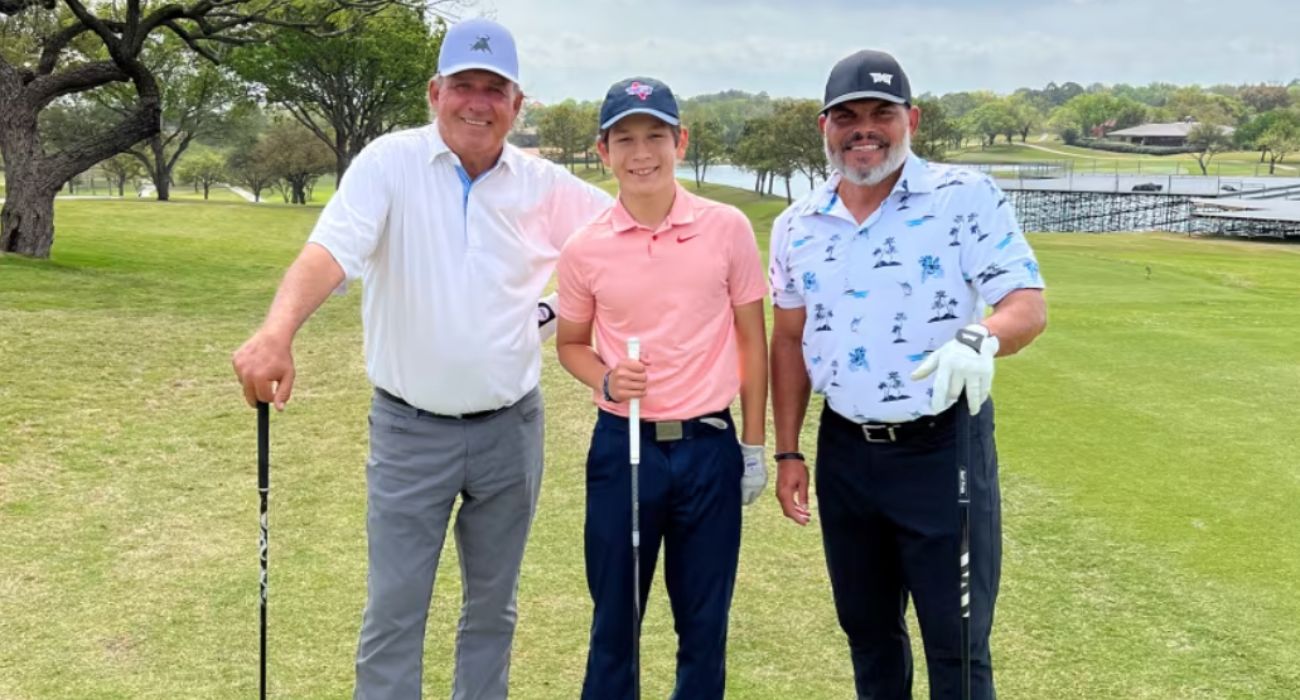The U.S. Supreme Court heard arguments this week in the case of a former football coach, Joseph Kennedy, against the Bremerton School District in Washington state.
Kennedy claims the school district violated his First Amendment rights by refusing to allow him to kneel and pray at midfield immediately after games. The school did not renew Kennedy’s contract after the 2015 season.
Kennedy’s effort to get his job back quickly became a cultural touchstone, pitting public school employees’ religious liberties against the rights of students not to feel pressured into participating in spiritual practices.
Kennedy became an assistant coach at Bremerton High School in 2008. Over the years, he led prayers in locker rooms before games and group prayers and motivational talks with religious undertones at midfield after them.
The school district says it did not learn Kennedy was leading players in prayer until September 2015. At that time, school administrators ordered him not to participate in religious activities with students. They told him that any religious observation must be either non-demonstrative or should occur without students.
According to the school’s arguments in court, Kennedy complied for a month. He prayed independently while students sang the school fight song, which the school allowed.
However, lawyers for Kennedy argued that he be allowed to resume his midfield prayers, calling them a “personal” prayer protected by the Constitution. Kennedy made several media appearances publicizing the ordeal.
Kennedy resumed praying at midfield after an October 16, 2015, homecoming game. Spectators rushed the field to join him, reportedly knocking students down in the process. Members of the opposing team also joined the prayer.
The school district still did not fire Kennedy but cautioned him in writing. Superintendent Aaron Leavell wrote that praying on government property that he could only access because of his job could be perceived as the school endorsing a religion, exposing the district to potential liability.
“I wish to again emphasize that the district does not prohibit prayer or other religious exercise by its employees,” Leavell wrote. “However, it must prohibit any conduct by its employees that would serve as District endorsement of religion.”
Kennedy prayed again on the field after the next two games. The district then placed him on leave and did not renew his contract.
Richard Katskee, a lawyer for the school district, said Kennedy’s actions pressured students to pray and caused a safety issue, citing the students who were knocked down when spectators rushed the field to join Kennedy’s prayer.
Katskee noted that coaches have a power that is “awesome.”
“The coach determines who makes varsity, who gets playing time,” and who gets recommended for college scholarships, Katskee said. “The students know you have to stay in the good graces of the coach if … you have those aspirations.”
“This case is challenging well-established case law that has protected students’ religious freedom for decades, and that has been supported by conservative and liberal justices alike,” Rachel Laser, chief executive of Americans United for Separation of Church and State, told the Associated Press. “If the court rules the wrong way, teachers and coaches could pressure students to pray in every public school classroom across the country.”
Kennedy’s lawyer, Paul Clement, told the justices that the Constitution’s freedom of speech and religion clauses protect his “private religious expression.”
“If a teacher prays over her lunch in the cafeteria and students can see her — just that little blessing over her salad — that’s enough to terminate that teacher, according to the school district,” said Jeremy Dys with First Liberty Institute.
The court’s six justices appointed by Republican presidents appeared sympathetic to the coach’s arguments, while the three justices appointed by Democratic presidents seemed more skeptical. Arguments in the case on Tuesday lasted about two hours, despite being scheduled for only one hour.
Justice Brett Kavanaugh, who has coached his daughters’ basketball teams, argued that there’s a difference between a coach praying in a huddle with students or in the locker room and “when players are disbursing after the game.”
“This wasn’t, you know, ‘Huddle up, team,’” Kavanaugh said at one point.
Justice Samuel Alito asked if the district would have disciplined a coach if, instead of praying, they protested the Russian invasion of Ukraine by going to midfield and waving a Ukrainian flag.
A lawyer for the school district argued that said hypothetical coach would face consequences because the district “doesn’t want its event taken over for political speech.”
The Supreme Court previously declined to take up the case in 2019.
At that time, Alito wrote an opinion for himself and three other justices appointed by Republican presidents — Kavanaugh and Justices Neil Gorsuch and Clarence Thomas — that a lower court’s decision in favor of the school district was “troubling” for its “understanding of the free speech rights of public school teachers.” However, he also wrote that he agreed with not taking the case.
Justice Elena Kagan noted that the court has in the past shown it cares about “coercion on students and having students feel that they have to join religious activities that they do not wish to join, that their parents do not wish them to join.”
Justice Sonia Sotomayor questioned why Kennedy had to pray at midfield immediately after games rather than the other options the school offered: “Why there?” she asked.
Clement said “his religious beliefs” compelled Kennedy to express his thanks there. “I don’t think there’s anything unusual about that,” he said.
A decision in the case is expected before the court begins its summer recess in late June.

